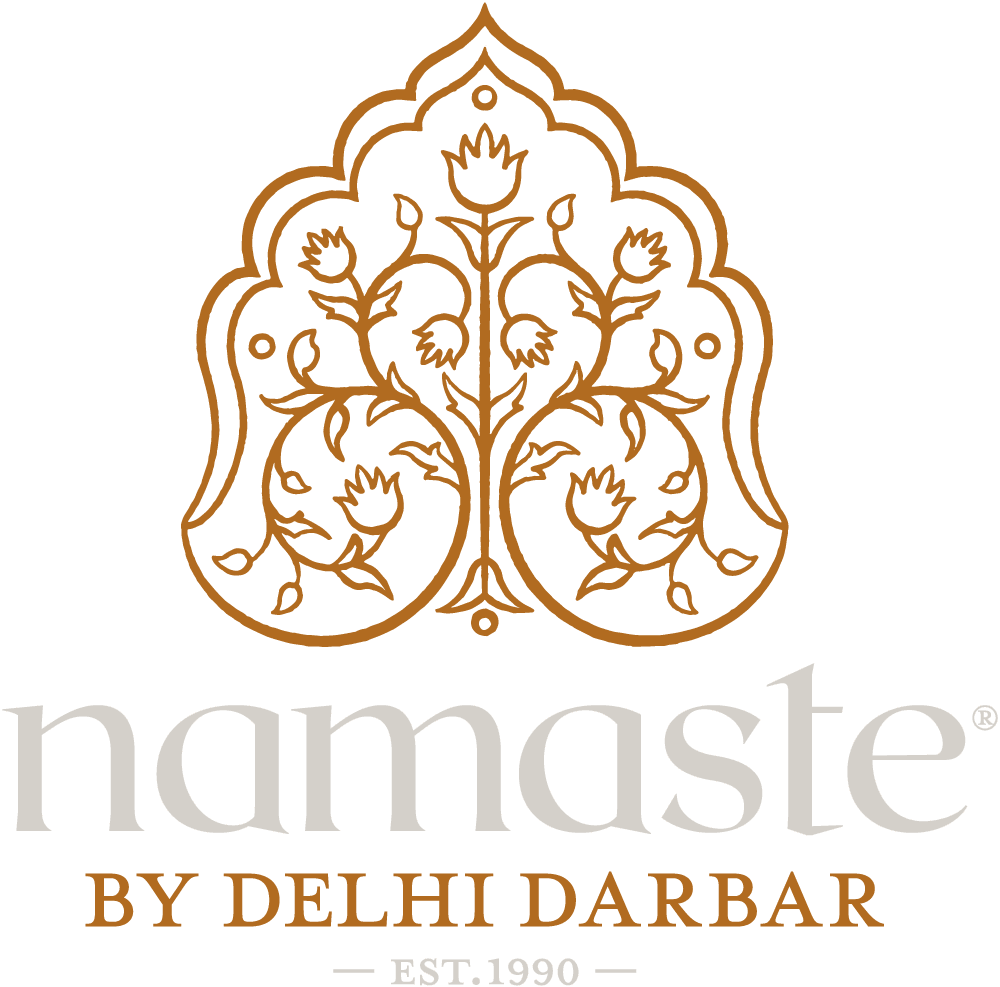When launching an Indian restaurant in the heart of Glasgow, it was easy to get carried away by ideas – the amazing dishes we could create, the fresh ingredients we could use, the exciting surroundings we could conjure up and, of course, bringing together a team that could impress every time.
But one thing we have learned from the very start is to listen to those that have gone before us, to dream of a wonderful future, but to never lose sight of our roots – the very thing that has ensured our success…and Grandad’s Masala Chai is no exception.
Where does the word chai originate and what does it mean?
The Hindi word ‘chai’ originates from the Chinese word ‘cha’, meaning ‘tea’.
When and why did the cultivation of tea in India begin?
Although tea has always grown wild throughout the Assam region of India, the plant was historically considered to be a herbal medicine before its incredible level of consumption by the British in colonial times.
At that time, the British felt increasingly threatened by China’s monopoly of the tea market, and so introduced the mass cultivation of tea in India, with large scale plantations helping to ensure that it remained an affordable commodity.
In 1870, 90% of the tea consumed in Britain was of Chinese origin, but by 1900 it had dropped to just 10%, replaced by tea cultivated in India and Ceylon (now Sri Lanka).
The drinking of black tea within Indian communities remained low until a promotional campaign by the Indian Tea Association in the early 20th century, which encouraged factories, mines and textile mills to provide tea breaks for their workers.
What is masala chai?
Masala Chai is a traditional Indian drink consisting of black tea infused with fragrant spices and typically served with milk and sugar. Our grandmothers would make it, our aunties and uncles would make it, ‘chai walas’ (tea sellers) lined every street, highway and alleyway with cups ready to pour for thirsty passers-by, and still do to this day. But, like any good cup of tea, the key to masala chai, is recognising a uniqueness in every recipe.
What is the origin of masala chai?
Masala Chai is thought to date back millennia with some believers of ancient legends estimating it was first used around 7000BC as a cleansing and invigorating Ayurvedic medicine.
What do the words masala chai mean?
As you might imagine, masala chai translates to English as ‘spiced tea’.
Which ingredients are used in masala chai?
Enjoyed daily in every Indian household, there is no one set recipe for masala chai. Masala chai usually uses the same basic ingredients of black tea and a range of ‘warm’ spices – cardamom, cinnamon, black pepper, cloves and ginger in greater or lesser amounts depending on taste.
Does every masala chai taste the same?
Recipes, and therefor flavours, can vary greatly from one household to another and from one region to the next. Nutmeg, mace, fennel, rose, lemongrass, star anise, saffron, vanilla, honey, mint and the less familiar tulsi (‘holy basil’, part of the mint family and a sacred plant for Hindus) and ajwain (‘carom seed’, which looks similar to fennel, smells like thyme but tastes like oregano) are just a few of the secondary ingredients that can create a family’s unique signature drink and why it never seems to taste the same or as good as the one brewed at home.
How is masala chai made?
A mix of whole spices and aromatic herbs are simmered with black tea and water. Milk and sugar are added to taste. The tea leaves and spice residues are then strained off before serving.
Is masala chai good for you?
Rich in antioxidants, masala chai can aid digestion, boost the immune system and reduce inflammation, which are believed to help prevent many diseases.
When and how is masala chai consumed?
Masala chai is an important part of Indian culture. As it contains caffeine most Indians begin their morning with a cup and can enjoy several further cups throughout the day. Strangely the concoction can increase energy and help improve concentration while also have the calming effect of relaxing and unwinding the mind before bedtime.
What makes Grandad’s Masala Chai so special?
At Namaste, we are known for taking something traditional and adding our own unique twist, for taking risks and believing in our instincts, but some things are never meant to be tampered with, as we soon found out….
When compiling the first draft of our menu, Grandad’s Malala Chai was top of our list – Namaste simply couldn’t and wouldn’t go ahead without it. Our first attempt failed miserably, with Grandad’s reaction nothing short of look warm. But, as we do with everything we create, we kept our spirits and energy high, adding a little more of this and a little less of that while attempting to hit the perfect balance of warm, tasty, fragrant, invigorating and relaxing.
Our Grandad grew up in Delhi where fresh spices and herbs were always plentiful, and he seemed to have an instinct to what made the perfect cup. A pinch of this and a shake of that was all that was conveyed to us, as nothing was ever written down.
Eight months and a few hundred cups later, we finally received Grandad’s seal of approval – he wouldn’t have allowed us to put his name against it without it. But, as they always say, some things are worth the wait!
Free cheers for Grandad’s Masala Chai!
At Namaste, we are proud of every single dish, snack or drink we serve, but Grandad’s Masala Chai has taken our sense of pride to a whole new level. We obviously believed in our product, but could we be as certain when asking it to be judged by the very best in the industry?
On the 26th of July, we received a letter from Great Taste 2023 with a headline that still catches our breath.

Namaste by Delhi Darbar’s ‘Grandad’s Masala Chai’
Great Taste 2023 3-Star Award
Throughout the month of August, every Namaste customer will enjoy a complimentary cup of Grandad’s award-winning Chai Tea because we don’t believe you can fully understand us until you have tasted the very drink that helped spark the Namaste by Delhi Darbar story.
In conclusion
Tea is something that, the world over, we reach for in good times and in bad. Whether enjoying convivial conversation with friends or using its warm, comforting and even invigorating qualities to relieve stress or to lift the spirits, tea can instantly transport us to a better place.
At Namaste by Delhi Darbar, we look forward to welcoming you on your next visit where a welcoming, warming and award-winning cup of
